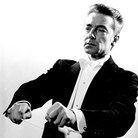Herbert von Karajan - 15 facts about the great conductor
One of the greatest conductors of the 20th century, von Karajan ruled over the Berlin Philharmonic and European classical music for more than three decades. Celebrated for his recordings of Beethoven, Mozart and Mahler symphonies, he sold some 200 million albums.
-
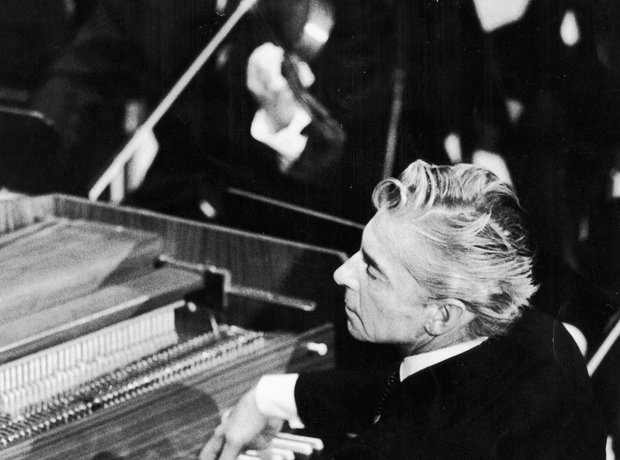
1. A piano prodigy
Herbert von Karajan was born Heribert Ritter von Karajan on 5 April 1908 to a Greek father and Slovene mother. Through her, he was related to the composer, Hugo Wolf. Young Herbert was a child prodigy at the piano.
-
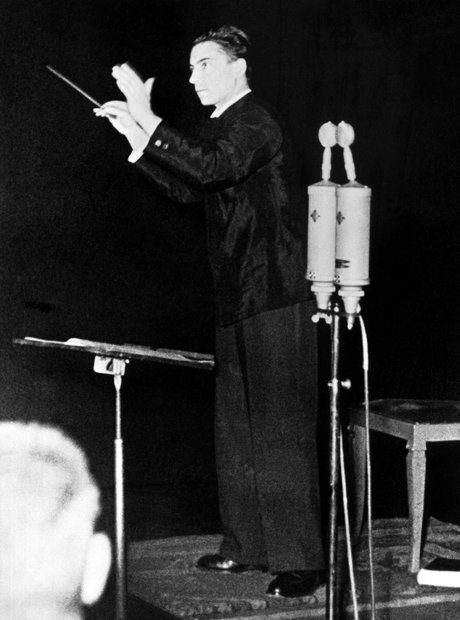
2. Early conducting
From 1916 to 1926, von Karajan studied at the Mozarteum in Salzburg, where he was encouraged to concentrate on conducting by his teacher. In 1929, he conducted a production of Richard Strauss's opera, 'Salome'.
-
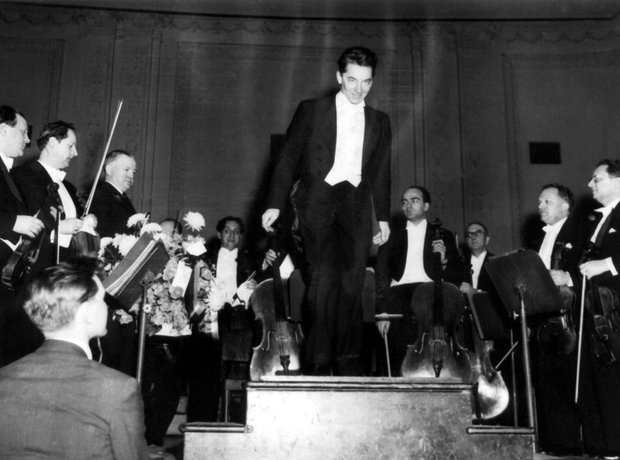
3. Member of the Nazi party
In 1933 von Karajan made his conducting debut at the Salzburg Festival with a scene from Gounod's opera, 'Faust'. It was also in 1933 that von Karajan became a member of the Nazi party, for which he would later be criticised.
-
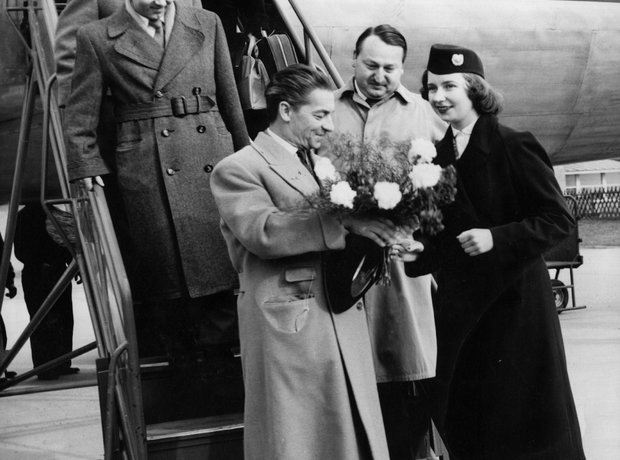
4. Conducting the Vienna Philharmonic
In Salzburg in 1934, von Karajan led the Vienna Philharmonic for the first time, and from 1934 to 1941, he was engaged to conduct operatic and symphony orchestra concerts at the Theater Aachen.
-
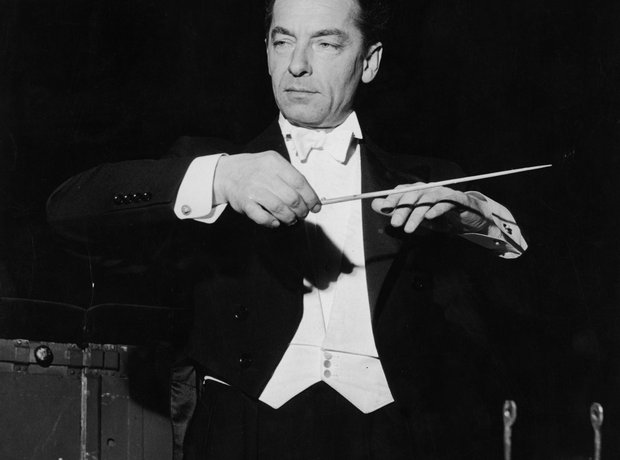
5. A rising star
Karajan's career was given a significant boost in 1935 when he was appointed Germany's youngest Generalmusikdirektor and performed as a guest conductor in Bucharest, Brussels, Stockholm, Amsterdam and Paris. In 1937 he made his debut with the Berlin Philharmonic and the Berlin State Opera, conducting Beethoven's only opera, 'Fidelio'.
-
-
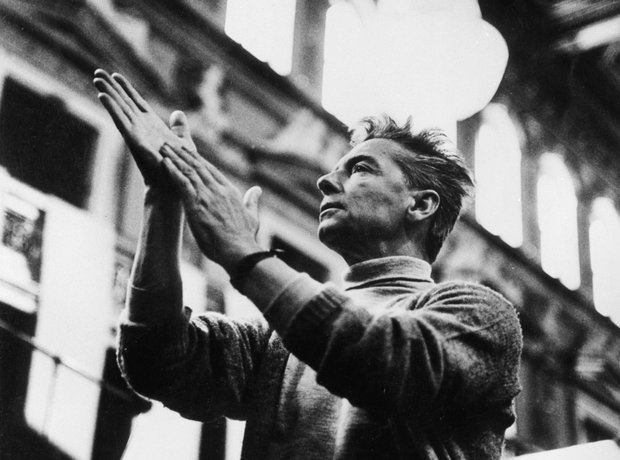
6. The Karajan miracle
In 1938, for his performance of 'Tristan und Isolde', von Karajan was hailed by a Berlin critic as 'Das Wunder Karajan' (the Karajan miracle). The critic asserted that von Karajan's 'success with Wagner's demanding work...sets himself alongside Furtwängler and Victor de Sabata, the greatest opera conductors in Germany at the present time'.
-
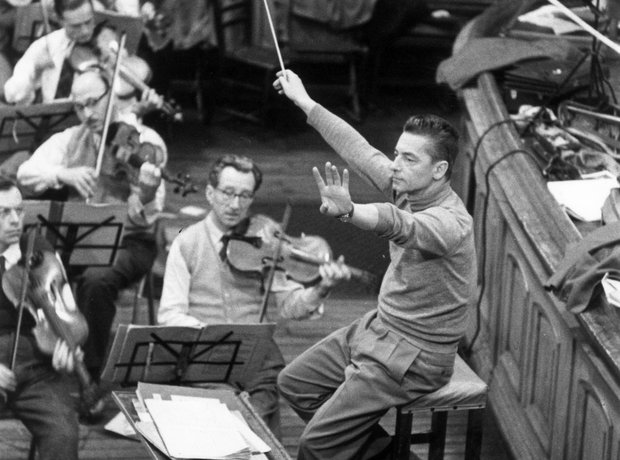
7. Partnership with Deutsche Grammophon
Receiving a contract with the Deutsche Grammophon record label that same year, von Karajan made the first of hundreds of recordings, conducting the Staatskapelle Berlin in the overture to 'The Magic Flute'.
-
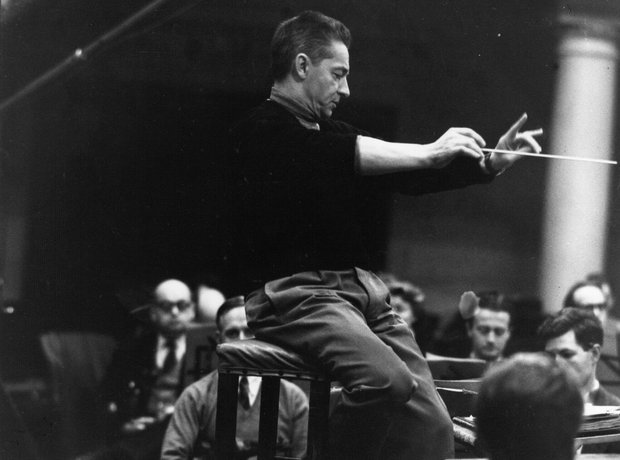
8. Second World War years
By 1944, von Karajan was, in his own words, losing favor with the Nazi leadership, but he still conducted concerts in wartime Berlin. In the closing stages of the war, he and his then wife Anita - who was a quarter Jewish - fled Germany for Milan. He was discharged by the Austrian denazification examining board on 18 March 1946 and resumed his conducting career shortly afterwards.
-
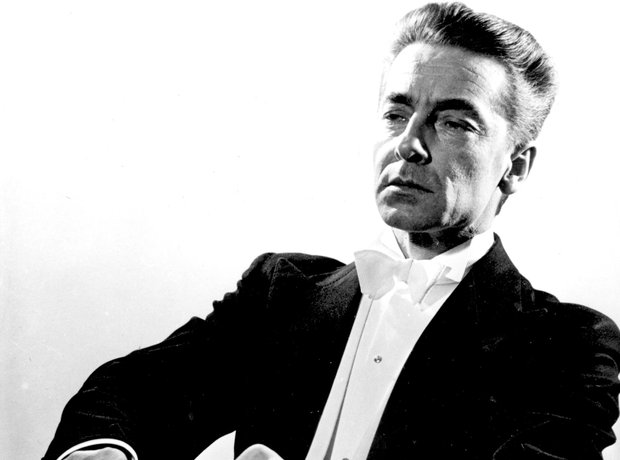
9. Post-war activities
In 1946, von Karajan gave his first post-war concert in Vienna with the Vienna Philharmonic, but he was banned from further conducting by the Soviet occupation because of his previous Nazi party membership. On 28 October 1947, he gave his first public concert following the lifting of the ban. With the Vienna Philharmonic, he recorded Johannes Brahms' 'A German Requiem'.
-
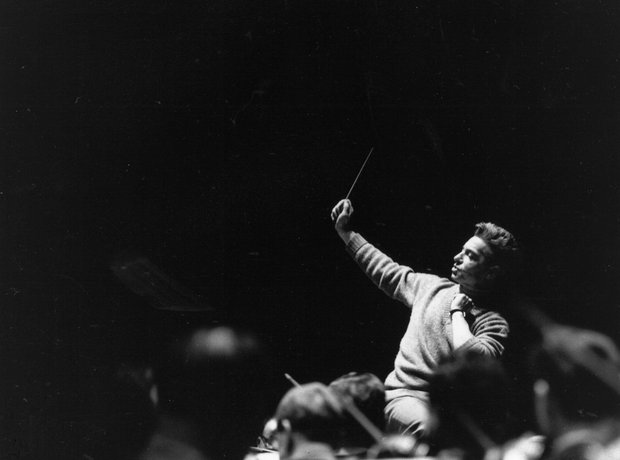
10. International conductor
In 1949, von Karajan became artistic director of the Gesellschaft der Musikfreunde, Vienna. He also conducted at La Scala in Milan. His most prominent activity at this time was recording with the newly formed Philharmonia Orchestra in London, helping to build them into one of the world's finest. Starting from this year, von Karajan began his lifelong attendance at the Lucerne Festival.
-
-
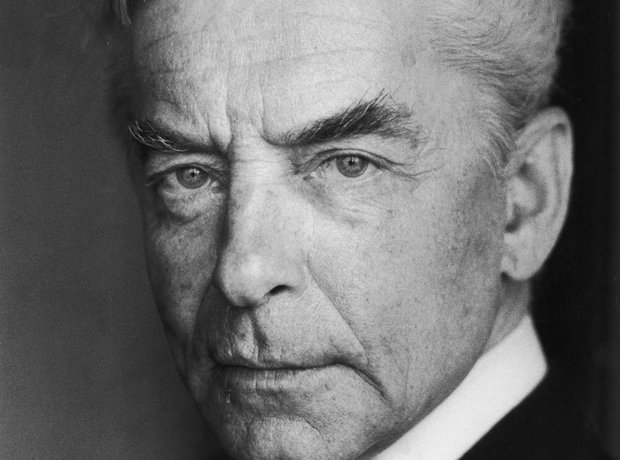
11. Life with the Berlin Philharmonic
In 1955 he was appointed music director for life of the Berlin Philharmonic as successor to Furtwängler. From 1957 to 1964 he was artistic director of the Vienna State Opera. Von Karajan was closely involved with the Vienna Philharmonic and the Salzburg Festival, where he initiated the Easter Festival, which would remain tied to the Berlin Philharmonic's Music Director after his tenure.
-
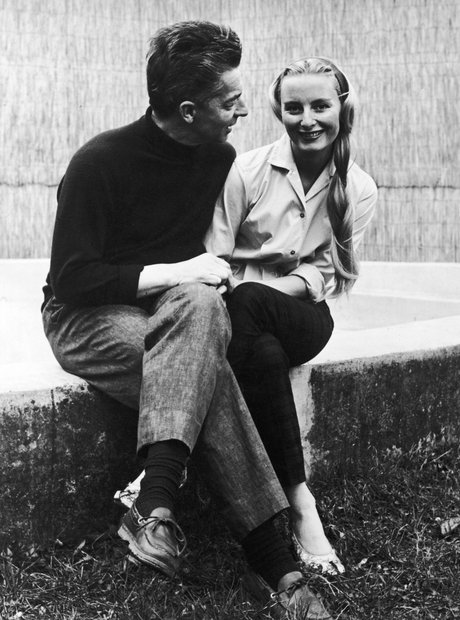
12. Marriage to Eliette Mouret
On 6 October 1958, Herbert von Karajan married his third wife, the French model Eliette Mouret. They had two daughters, Isabel and Arabel.
-
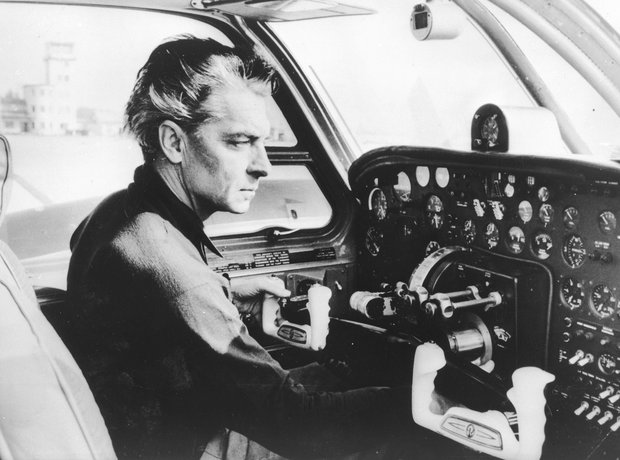
13. Honours and awards
Von Karajan continued to perform, conduct and record prolifically, mainly with the Berlin Philharmonic and the Vienna Philharmonic. He was the recipient of multiple honours and awards. He became a Grand Officer of the Order of Merit of the Italian Republic on 17 May 1960 and in 1961, he received the Austrian Medal for Science and Art. He also received the Grand Merit Cross of the Order of Merit of the Federal Republic of Germany.
-
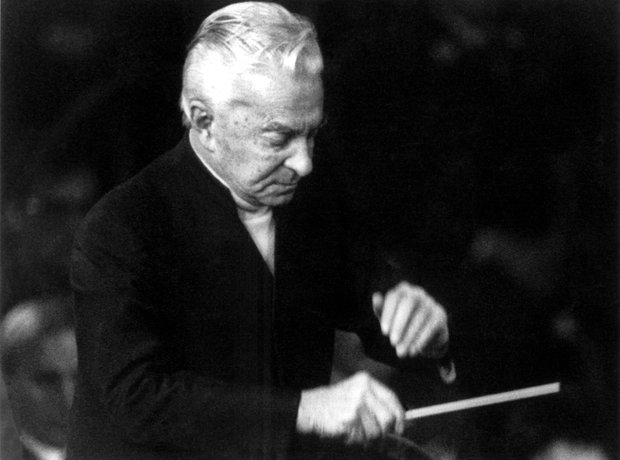
14. Final years
In his latter years, Karajan suffered from heart problems as well as undergoing surgery on his back. He increasingly came into conflict with the Berlin Philharmonic for his old-fashioned dictatorial style of leadership. He died of a heart attack on 16 July 1989 at the age of 81.
-
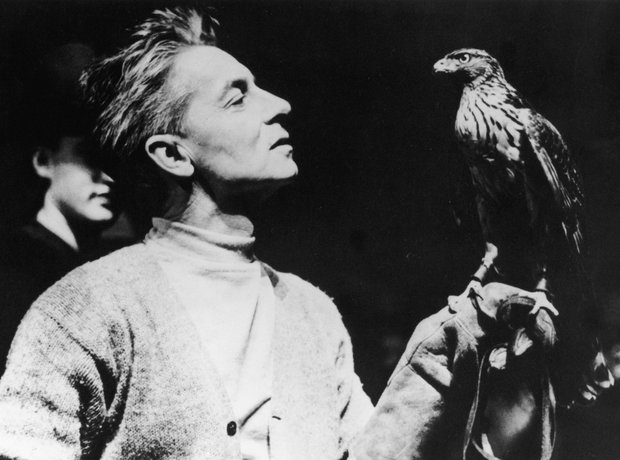
15. Reborn as an eagle
A practitioner of Zen Buddhism, Karajan believed strongly in reincarnation and said that he would like to be reborn as an eagle so he could soar over his beloved Alps.





